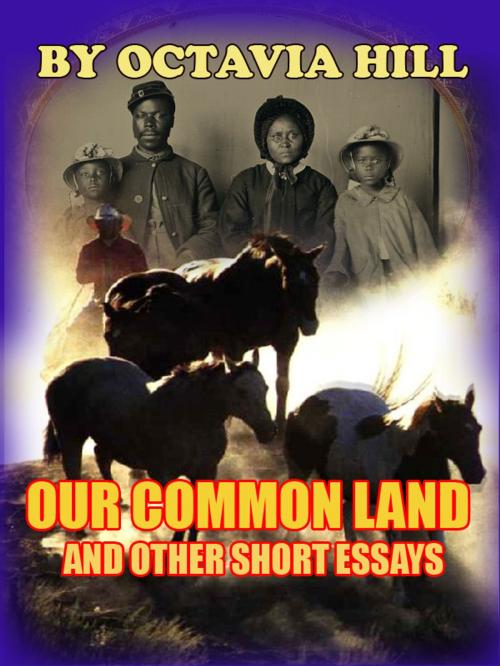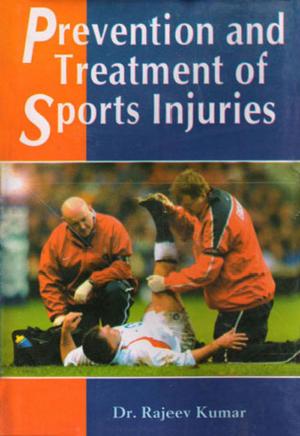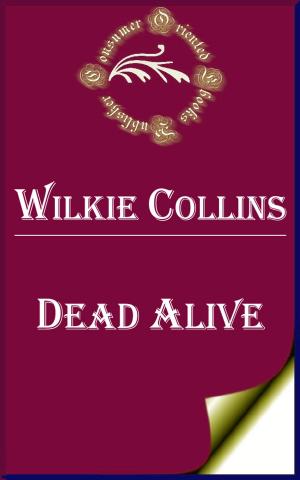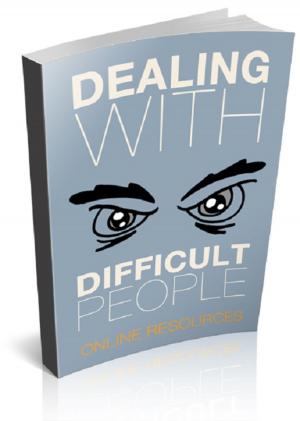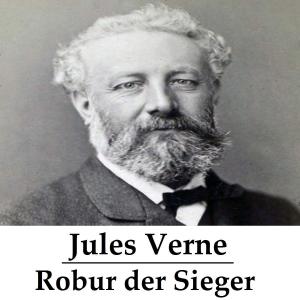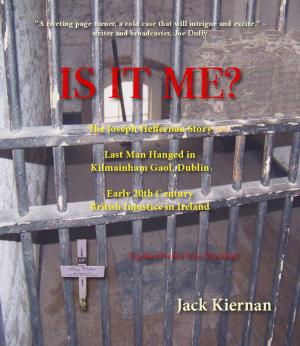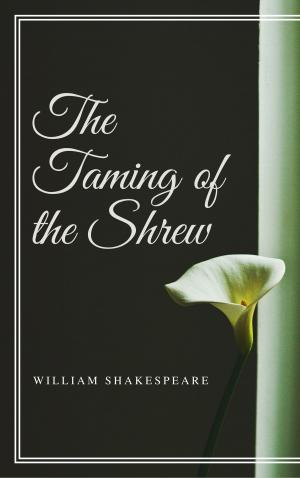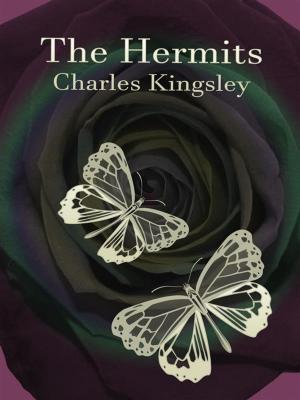| Author: | OCTAVIA HILL | ISBN: | 1230000218797 |
| Publisher: | Publisher | Publication: | February 15, 2014 |
| Imprint: | Language: | English |
| Author: | OCTAVIA HILL |
| ISBN: | 1230000218797 |
| Publisher: | Publisher |
| Publication: | February 15, 2014 |
| Imprint: | |
| Language: | English |
I.
OUR COMMON LAND
Probably few persons who have a choice of holidays select a Bank holiday, which falls in the spring or summer, as one on which they will travel, or stroll in the country, unless, indeed, they live in neighbourhoods very far removed from large towns. Every railway station is crowded; every booking-office thronged; every seat—nay, all standing room—is occupied in every kind of public conveyance; the roads leading out of London for miles are crowded with every description of vehicle—van, cart, chaise, gig—drawn by every size and sort of donkey, pony, or horse; if it be a dusty day, a great dull unbroken choking cloud of dust hangs over every line of road.
Yet in spite of all this, and in spite of the really bad sights to be seen at every public-house on the road, in spite of the wild songs and boisterous behaviour, and reckless driving home at night, which show how sadly intoxication is still bound up with the idea and practical use of a holiday to hundreds of our people, how much intense enjoyment the day gives! how large a part of this enjoyment is unmixed good! And the evil is kept in check very much. We may see the quiet figure of the mounted policeman as we drive home, dark in the twilight, dark amidst the dust, keeping order among the vehicles, making the drunken drivers mind what they are doing. He keeps very tolerable order. And then these days in the country ought to lessen the number of drunkards every year; and more and more we shall be able to trust to the public opinion of the quiet many to preserve order.
I.
OUR COMMON LAND
Probably few persons who have a choice of holidays select a Bank holiday, which falls in the spring or summer, as one on which they will travel, or stroll in the country, unless, indeed, they live in neighbourhoods very far removed from large towns. Every railway station is crowded; every booking-office thronged; every seat—nay, all standing room—is occupied in every kind of public conveyance; the roads leading out of London for miles are crowded with every description of vehicle—van, cart, chaise, gig—drawn by every size and sort of donkey, pony, or horse; if it be a dusty day, a great dull unbroken choking cloud of dust hangs over every line of road.
Yet in spite of all this, and in spite of the really bad sights to be seen at every public-house on the road, in spite of the wild songs and boisterous behaviour, and reckless driving home at night, which show how sadly intoxication is still bound up with the idea and practical use of a holiday to hundreds of our people, how much intense enjoyment the day gives! how large a part of this enjoyment is unmixed good! And the evil is kept in check very much. We may see the quiet figure of the mounted policeman as we drive home, dark in the twilight, dark amidst the dust, keeping order among the vehicles, making the drunken drivers mind what they are doing. He keeps very tolerable order. And then these days in the country ought to lessen the number of drunkards every year; and more and more we shall be able to trust to the public opinion of the quiet many to preserve order.
